Poland Blames Russia for Arson Attack on Warsaw Shopping Centre
Poland concludes a year-long investigation, accusing Russian intelligence of orchestrating the 2024 fire that devastated the Marywilska shopping centre.Poland has formally accused Russian intelligence services of ordering the arson attack that nearly destroyed the Marywilska shopping centre in Warsaw in May 2024. The blaze gutted the complex, affecting around 1,400 small businesses, many run by members of the city’s Vietnamese community.
In a statement on social media, Polish Prime Minister Donald Tusk declared that authorities are certain the fire was a deliberate act carried out under the direction of Russian special services. Some suspects are already in custody, while others have been identified and are actively being sought.
The findings follow a comprehensive year-long investigation by Polish authorities, which concluded that the arson was orchestrated by an individual based in Russia. A joint statement from Poland’s justice and interior ministries described the act as being “organised and directed by a specific person residing in the Russian Federation.” They also revealed cooperation with Lithuanian authorities, where related acts of sabotage had occurred.
Moscow has yet to respond to the latest accusations but has previously denied any involvement in sabotage operations across Europe.
The destruction of the Marywilska shopping centre caused widespread financial losses and dislocation for small business owners, many of whom lost vital documents and cash stored on-site due to concerns over home burglaries.
In the aftermath, a temporary shopping centre was opened three months later, allowing roughly 400 traders to resume operations. By October 2024, a new site at Modlińska 6D in Warsaw welcomed relocated vendors.
The incident is part of a broader pattern of alleged Russian sabotage activities across Europe. Since Russia’s invasion of Ukraine in 2022, Poland has arrested and convicted several individuals accused of working with Russian intelligence. Officials describe these acts as part of a broader “hybrid war” — covert, deniable operations aimed at damaging infrastructure without triggering a formal military response.
NATO supports this assessment, stating that Russia’s strategy is designed to punish or deter Western nations from continuing their support for Ukraine. Similar accusations have surfaced in Lithuania, where prosecutors earlier this year blamed Russian military intelligence for an arson attack on a Vilnius branch of Ikea. Tusk noted that Lithuania's investigation helped confirm Polish suspicions of coordinated attacks by Russian operatives.























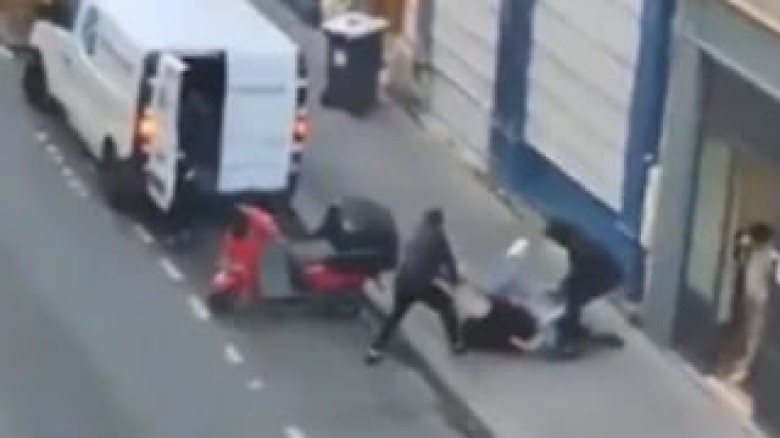
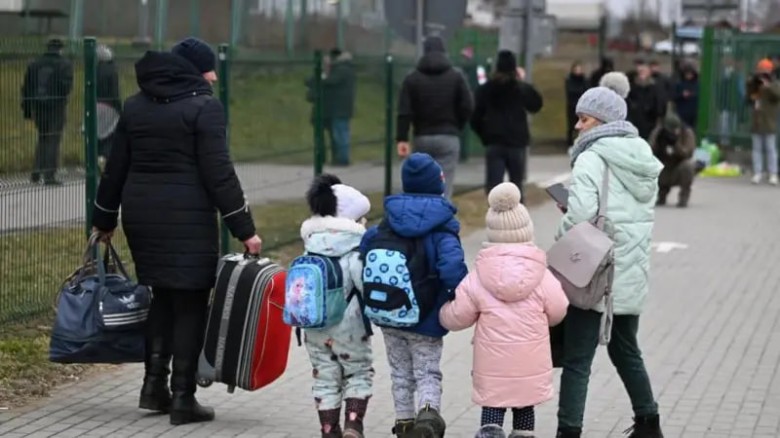













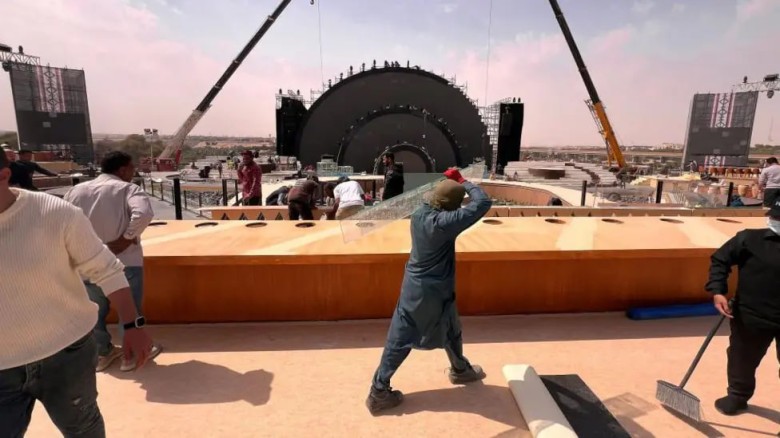

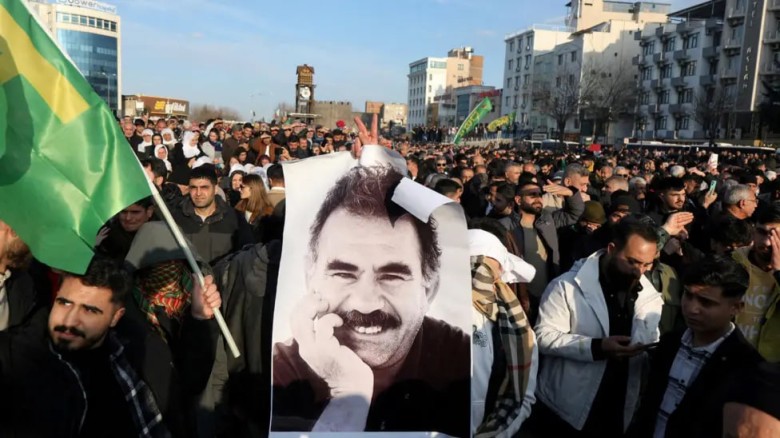





























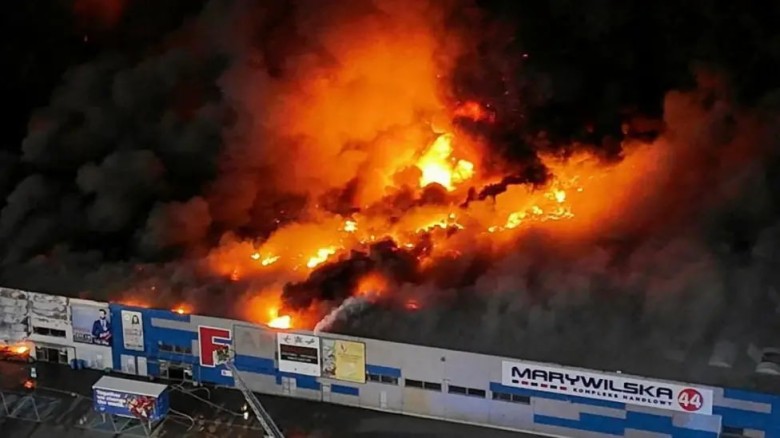


Leave A Comment